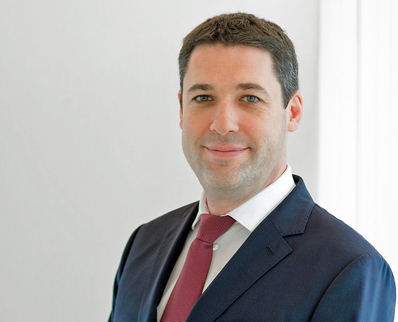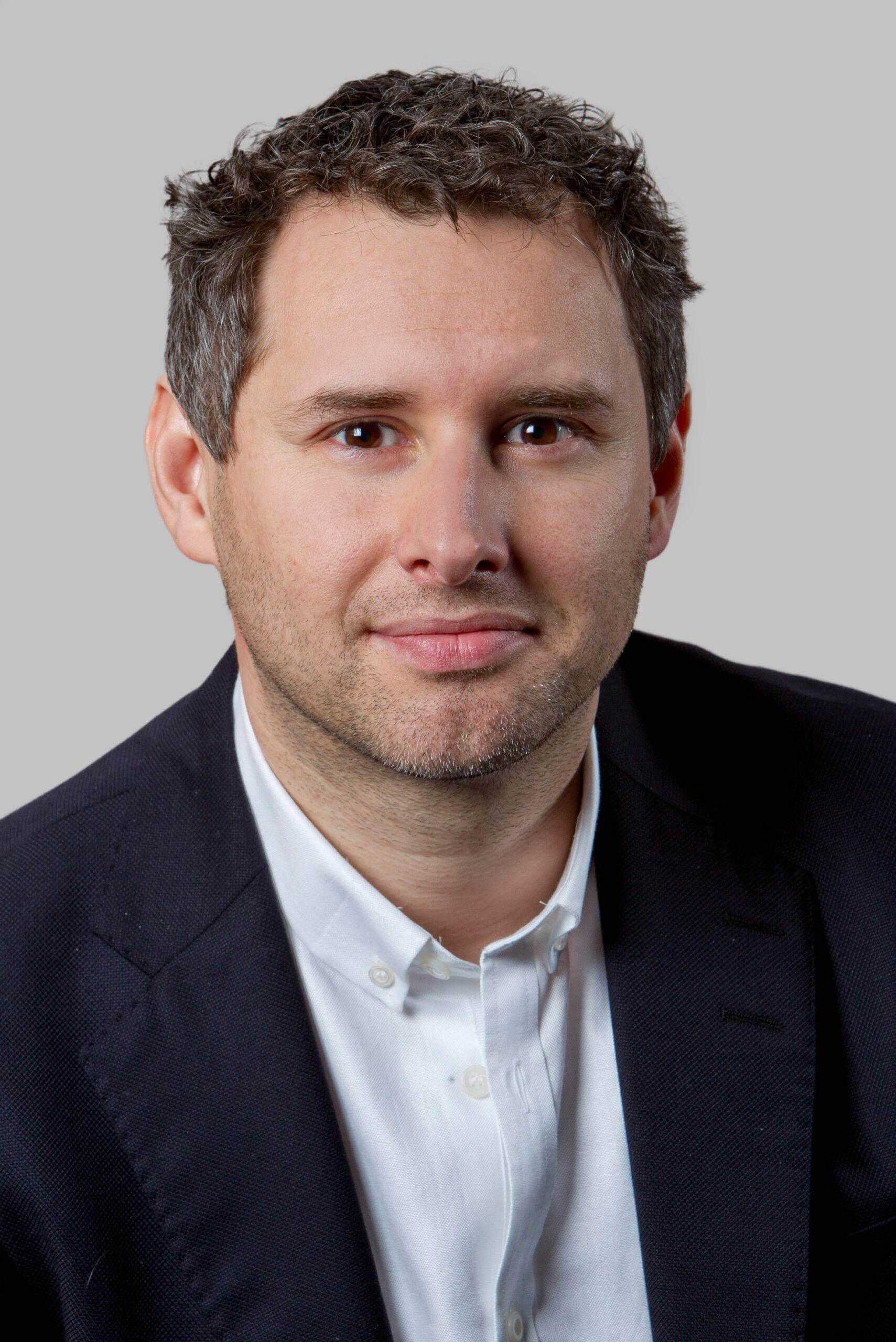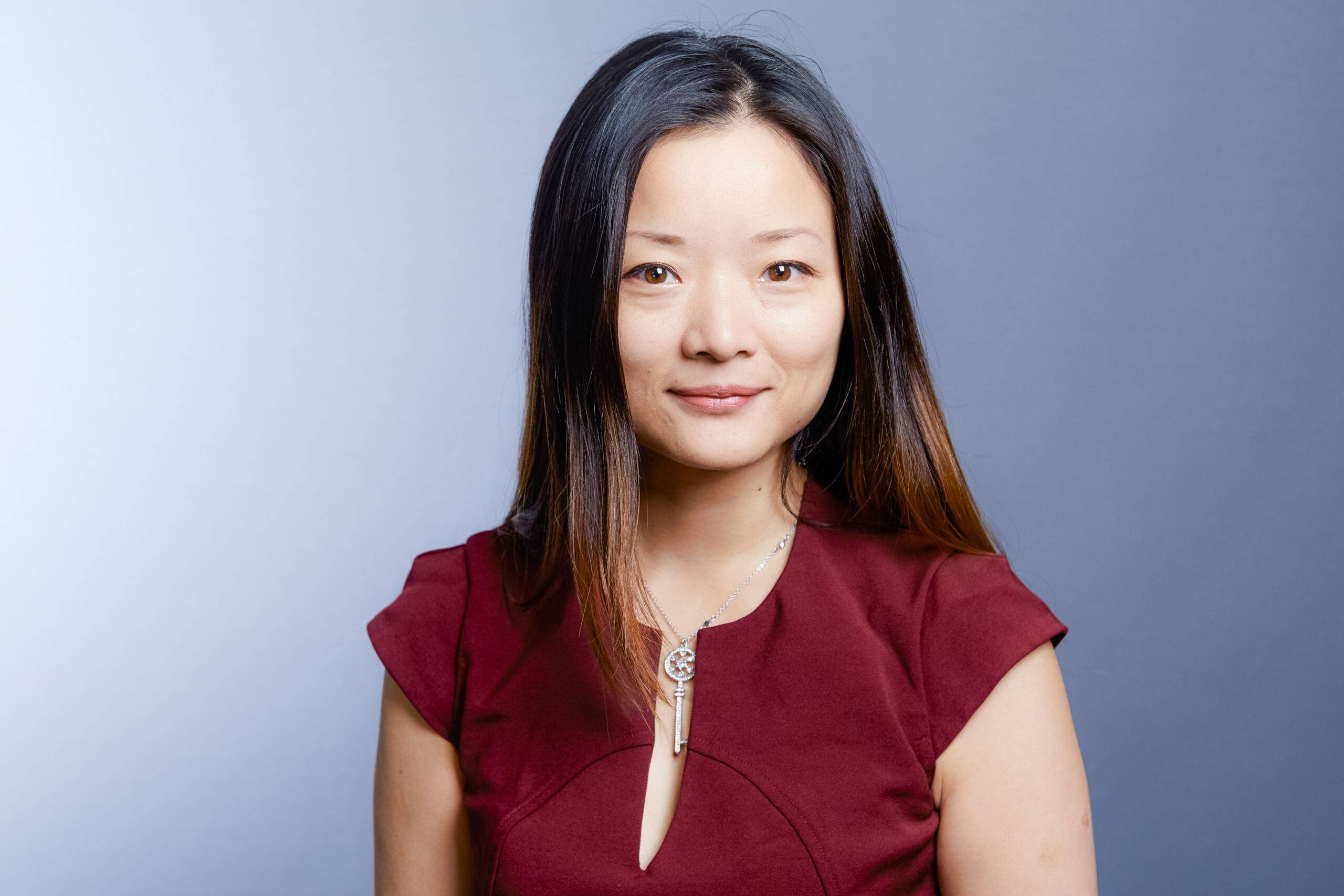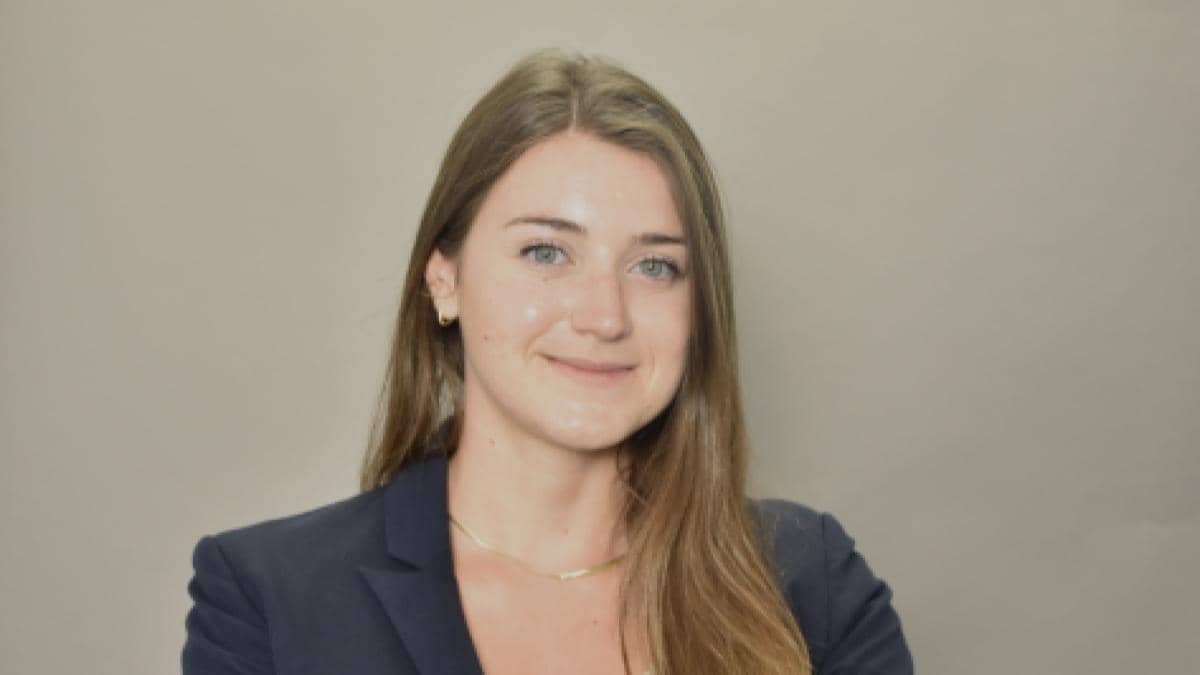Cyril Benier, Co-manager of Pictet Family Fund

8 JUL, 2020
By Constanza Ramos

Cyril Benier is our Fund Manager of the month. Cyril Benier joined Pictet AM in 2015 as a senior investment manager in the small cap equities team, covering Europe and EAFE. In 2019 he started managing the Pictet Family strategy and joined the newly created specialist equities team. He was co-manager of a European small-caps fund and Global small-caps fund at AXA IM and the Natixis Eurovalue fund and European Small Caps fund at Natixis AM- He began his career at Crédit Lyonnais AM as small-cap analyst. He is a graduate from SFAF, Master’s degree from HEC and engineer from UTT-Groupe UTC.

When and how did you start your career in the financial industry? Did you have any other vocation?
I initially started my studies in an engineer school in France as had the objective to join the automotive industry. In parallel, I always had a real passion for the Economy and started in 1998 to invest into companies on the stock exchange market, as a hobby, with my own equity portfolio. As I was really more and more curious about deeply understand the strategy of companies and their financial drivers I decided to join HEC in Paris, to follow a Strategic Management Master after my engineer school and graduated in 2004. It was for me the way to transform my passion into a career in asset management and Credit Lyonnais gave me the opportunity to join their small caps teams. Since then I manage European and global small and midcaps equities portfolios.
I am still a passionate by car design, but during my free time now!
What are your favourite activities outside of work and how do they help you become a better asset manager?
My favourite activity is cross country mountain bike and did many competitions when I was younger.
Moving to Switzerland in 2016 gave me the opportunity to practice my passion in great landscapes and also discover more and more off-piste skiing. In these two activities, you need, of course, to keep your self-control, explore new paths that have not been discovered, understand the environment around you and “ dare”. And every second you need to assess risks and make the right choice. Exactly the same drivers I try to have in mind every day at work.
I also have two kids (10 and 13 years old) and they oblige me to see the world with different eyes. I am convinced it is crucial to understand the present and the future and not stay in our preconceived ideas.

What’s your biggest challenge as a portfolio manager?
Our investment approach is to look for a long term horizon, with defined drivers, identified catalysts and targeted valuation. With our bottom up approach, we create strong and long term contacts with our investments in our environment and we follow them year after year. The biggest challenge is always to keep the right distance in order to take the best investment decisions and not “fall in love” with the investment. Otherwise, there is a big risk in terms of unconscious bias and we may forget the risk attached to the investment or the right timing to exit.
The right balance between an authentic interest for companies, financial drivers and valuation is always our challenge.
Who are your models in the AM community?
Warren Buffet is for me the example of a long term and successful investor. He always followed the same strict and easy rules: invest long term to really benefit from your investments and to invest into business models you understand. These rules seem obvious but they are not. And they are my backbone to avoid mistakes.
What key principles drive your investment processes and why?
As a start, we focus our investments in family owned companies. Our family universe was created using the following guidelines: we included all regions but put a market cap minimum of $10bn on emerging market companies as we felt the information available on smaller ones was not readily available. Ownership had to be with the founders or next generations and they had to hold a minimum of 30% of the voting rights. Finally all companies had to have a daily liquidity of at least $5m. This got us to nearly 500 companies.
Our investment process is based on a stock picking approach to select the right family businesses with long term vision, strong corporate culture and continuity between generation and avoid some risk attached to family business, as nepotism or a family centric culture (as it is the confusion between family wealth and operational assets). We have a qualitative and active approach. For that, we make a full analysis of companies with company meetings when needed including a ESG scorecard. In the case of dominant shareholder, as for family businesses, the role of governance is crucial. This is why, we have created a dedicated governance approach to select the right values and culture we are looking for in family businesses. This customized governance tool is integrated in each step of our investment process.
We end with a well-balanced risk-return final portfolio of 40-60 companies.
What differentiates your fund Pictet-Family from others, and how does this differentiation bring value to customers?
Even though about 20% of MSCI All Country World companies are controlled by the founder or family, there are very few investment options capable of harnessing the strengths of family-owned enterprises in a global equity strategy and the Pictet-Family fund has the vocation of filling that void. The portfolio shows higher exposure to "quality growth", aligned with the family businesses universe, with the objective a low portfolio turnover to benefit from long term vision and development of these family companies.
We integrate ESG in every step of our investment process. We have created a customized governance score, including family ownership, exposure to any kind of controversies, long-term vision and composition of the main committees, dedicated to specificities of family businesses, based on academic research. This helps us to select right values and cultures we are looking for in family business and protect us as minority shareholders.
The portfolio is more balanced relative to the global regional distribution in Europe and North America, around 40% each (59% of MSCI All Country in US). We have a natural bias on discretionary consumer companies, which account for 11% of MSCI ACWI and almost double in the portfolio as this sector includes many family businesses as luxury goods companies, for example.
Aside from that, there is a strong cultural link between Pictet and the new strategy. The Pictet Group is a family owned business that shares many traits which characterize the companies in which the fund invests.
Current market conditions and increased volatility have changed investor sentiment of late.
What are you telling clients and others troubled about the current economic climate?
Which assets do you think will perform better (survive) in 2020 considering the current market situations? Which assets are performing well under stress scenarios?
We know that these family companies recovered quickly from the latest crisis in 2009. Family business have a strong balance sheet, with low leverage and invest more into the business, with higher retention rate of profit and better ROE, for example. With these characteristics, family business where in the last crisis in a better position to take advantage of the weak economic environment, invest and to take market share, therefore coming out of the crisis in a stronger positioned and outperforming.
We think that in 2020, these family owned companies with strong balance sheet and higher investment levels should benefit from this new environment, as by 2009.
Do you see this as a massive change in the way markets will behave going forward? Or a small bump in the road that we will recover from?
These kinds of companies benefit from an environment of low economic growth, where quality and low leverage are appreciated.


